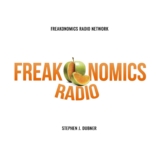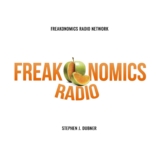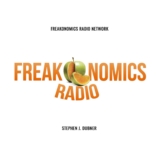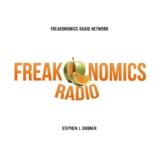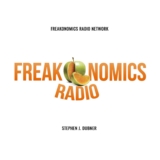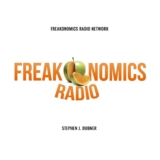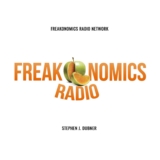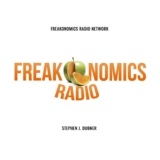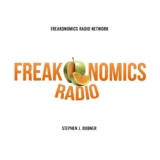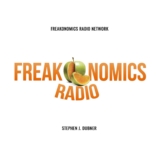Backers of a $15 federal wage say it’s a no-brainer if you want to fight poverty. Critics say it’s a blunt instrument that leads to job loss. Even the ...
The state-by-state rollout of legalized weed has given economists a perfect natural experiment to measure its effects. Here’s what we know so far — and don’t ...
In this special crossover episode, People I (Mostly) Admire host Steve Levitt admits to No Stupid Questions co-host Angela Duckworth that he knows almost ...
Kidney failure is such a catastrophic (and expensive) disease that Medicare covers treatment for anyone, regardless of age. Since Medicare reimbursement rates ...
Medicine has evolved from a calling into an industry, adept at dispensing procedures and pills (and gigantic bills), but less good at actual health. Most ...
Why do so many promising solutions — in education, medicine, criminal justice, etc. — fail to scale up into great policy? And can a new breed of ...
In a word: networks. Once it embraced information as its main currency, New York was able to climb out of a deep fiscal (and psychic) pit. Will that magic ...
Behavioral scientists have been exploring if — and when — a psychological reset can lead to lasting change. We survey evidence from the London Underground, ...
Americans are so accustomed to the standard intersection that we rarely consider how dangerous it can be — as well as costly, time-wasting, and polluting. Is ...
New York Times columnist Charles Blow argues that white supremacy in America will never fully recede, and that it’s time for Black people to do something ...
- « Previous Page
- 1
- …
- 28
- 29
- 30
- 31
- 32
- …
- 47
- Next Page »

